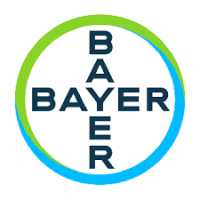AACR, Author Interviews, Biomarkers, Cancer Research, MD Anderson, Pharmaceutical Companies / 09.05.2020
VITRAKVI® (larotrectinib): Outcomes by Prior Treatment & Performance Status in TRK Fusion Cancer Patients
MedicalResearch.com Interview with:
David S Hong, M.D
MD Anderson
Department of Investigational Cancer Therapeutics
Division of Cancer Medicine
University of Texas
MedicalResearch.com: What is the background for this study?
Response: Larotrectinib is a first-in-class, CNS active, oral TRK inhibitor exclusively designed to treat tumors with an NTRK gene fusion and does not have secondary targets.
In previous presentations and published in The Lancet Oncology, larotrectinib demonstrated robust tumor-agnostic efficacy in an integrated dataset of 159 adult and pediatric patients with TRK fusion cancer across three clinical trials (Feb 2019 data cut-off date). In these studies, the objective response rate (ORR), according to investigator assessment, was 79% (95% confidence interval [CI], 72 – 85%), with a complete response rate of 16%.
In this analysis presented at AACR 2020, we sought to evaluate the outcomes in patients from the integrated data set based on different baseline characteristics, including prior lines of therapy and Eastern Cooperative Oncology Group (ECOG) performance status.
ECOG measures how the disease impacts a patient. ECOG describes a patient’s level of functioning with a numbering scale (0-5) so physicians can uniformly describe a patient’s ability to care for themselves, daily activity and physical activity (selfcare, walking, working, etc).
(more…)




